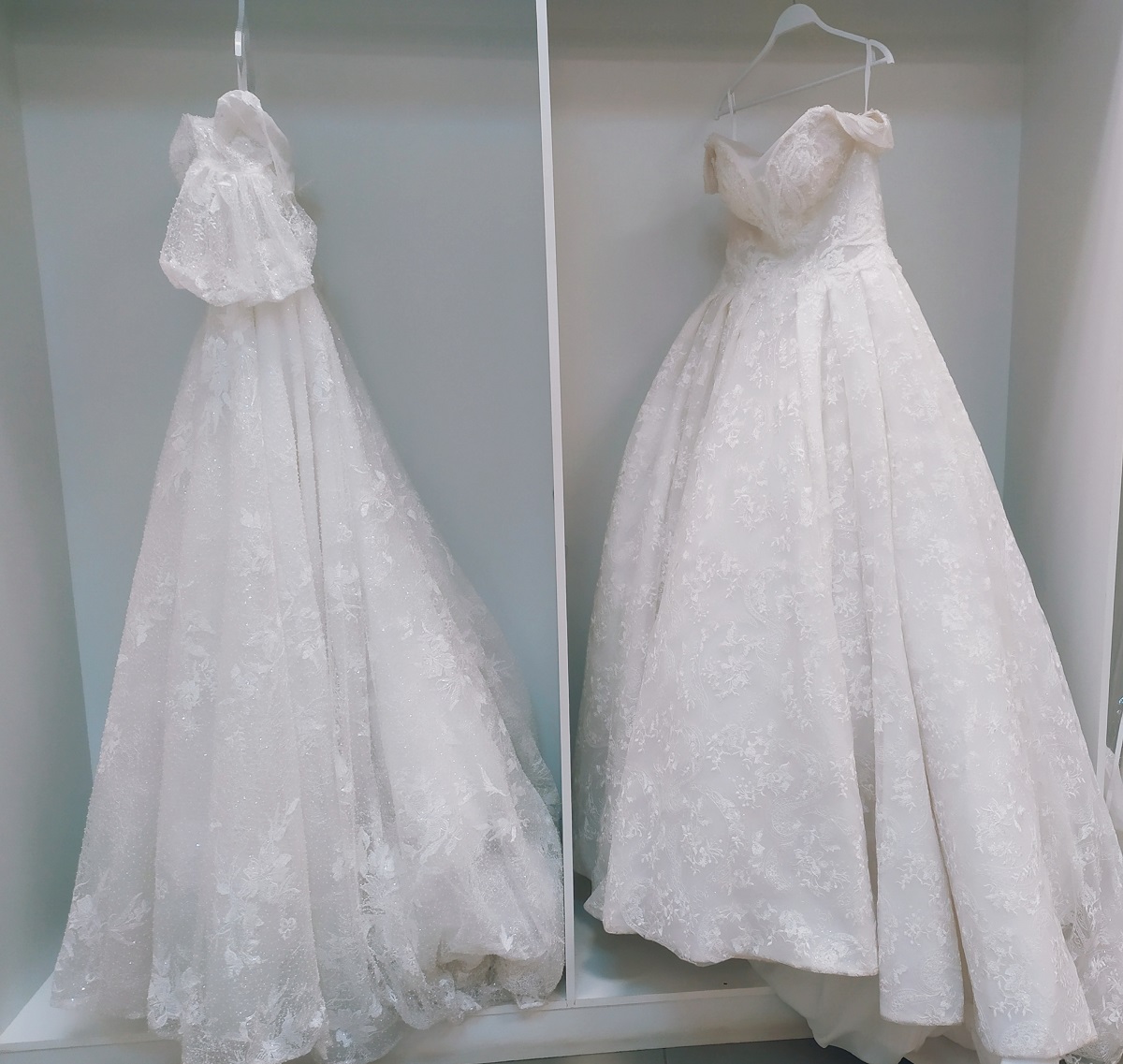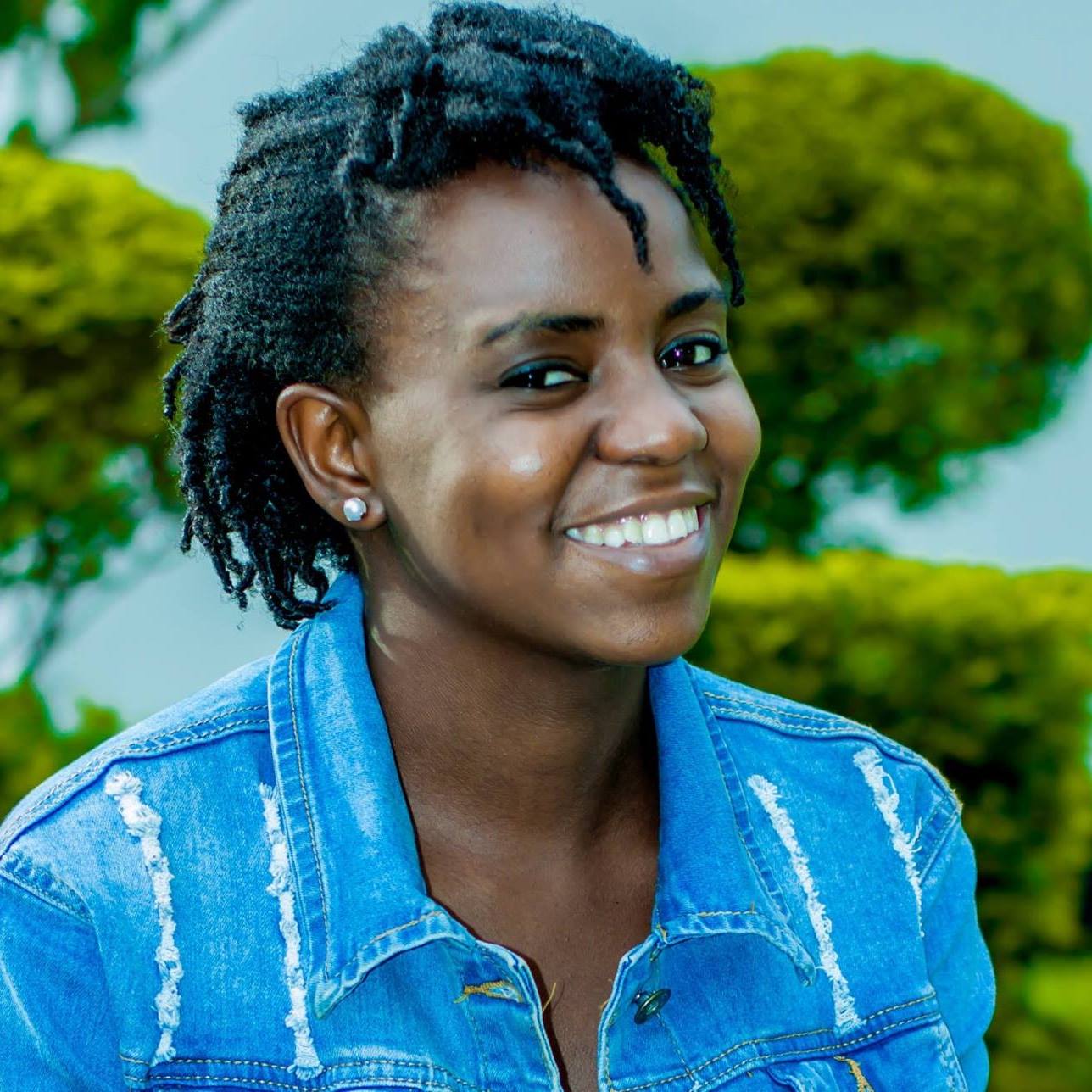The small consolation of intimate weddings in a pandemic
I have vivid memories of my eldest sister’s wedding. I was eight when she got married, and the wedding had been big. Big not in grandeur but in the number of guests we had. Hundreds of friends and relatives had traveled from all over the country to celebrate with us, and I remember being awed by the crowd that packed the wedding reception hall.
Fast forward to when I was thirteen, another sister of mine got married and I saw the same thing. I soon realized that that was the flair of Malawian weddings. We have a strong belief here that life is best lived with others and so things like weddings become communal celebrations by default. They allow us to sing, dance, and eat with others, including those rarely-seen relatives we won’t meet again until the next wedding – or a funeral, whichever comes first. So, traditionally, weddings are big events here.
Until just recently, I accepted this tradition for what it is, not questioning if the fact that we always had big weddings meant that nobody wanted smaller, more intimate events.
You see, am in my mid-twenties now and I sometimes think of marriage so, I think of these things. I stop at bridal shops in town – like I did last week when I took this picture – and I ponder over such things. Just recently I asked an older woman her thoughts on intimate weddings. Her response? ‘Weddings are not something to be stingy about.’
One of my cousins came face to face with this statement when his dream of a simple and intimate wedding couldn’t materialize. All he had wanted for his wedding was for a small group of family and friends to share a meal after the wedding officiation. Such a simple dream, but too farfetched in my society because ‘weddings are not something to be stingy about.’
However, the pandemic is changing things a bit. People can’t travel as much as they used to, and the government had restricted large gatherings so we’ve seen a small rise in the number of couples who aren’t getting married the Malawians way, but are instead choosing to send out their Save the Dates with the phrase ‘attendance by invitation only.’
The pandemic has wrecked a lot of havoc. But it is a small – very small– consolation to think that at least it has made it possible for some couples to live their dream of having an intimate wedding, something my cousin and many other couples couldn’t have.
Der schwache Trost kleiner Hochzeiten in einer Pandemie
Ich kann mich lebhaft an die Hochzeit meiner ältesten Schwester erinnern. Ich war acht, als sie heiratete, und die Hochzeit war groß – nicht was die Grandeur, sondern die Anzahl der Gäste betraf. Hunderte von Freunden und Verwandten waren aus dem ganzen Land angereist, um mit uns zu feiern. Ich war von der Menschenmenge, die den Hochzeitssaal füllte, tief beeindruckt.
Später, als ich dreizehn war, heiratete eine andere Schwester von mir und es war auch so. Mir wurde schnell klar, dass das malawische Hochzeiten ausmacht. Wir glauben hier fest daran, dass das Leben am besten mit anderen gelebt wird, und so werden Dinge wie Hochzeiten standardmäßig zu gemeinsamen Festen. Sie ermöglichen es uns, mit anderen zu singen, zu tanzen und zu essen – auch mit Verwandten, die wir selten sehen und wohl auch erst wieder bei der nächsten Hochzeit oder Beerdigung sehen werden (je nachdem, was zuerst kommt). Deshalb sind Hochzeiten hier traditionell große Ereignisse.
Bis vor Kurzem akzeptierte ich diese Tradition als das, was sie ist. Ich hinterfragte nicht, ob die Tatsache, dass wir immer große Hochzeiten hatten, bedeutete, dass niemand kleinere, intimere Veranstaltungen wollte.
Jetzt bin ich Mitte zwanzig und ich denke manchmal ans Heiraten und diese Dinge. Ich bleibe vor Brautmodengeschäften in der Stadt stehen – wie letzte Woche, als ich dieses Foto machte – und denke über diese Dinge nach. Erst letztens fragte ich eine ältere Frau nach ihrer Meinung zu kleinen Hochzeiten. Ihre Antwort? „Bei Hochzeiten sollte man nicht geizig sein.“
Einer meiner Cousins wurde mit dieser Aussage konfrontiert, als sein Traum von einer einfachen Hochzeit im kleinen Kreis nicht umsetzbar war. Er wünschte sich nur eines: ein Hochzeitsessen mit einigen wenigen Familienmitgliedern und Freunden. Solch ein einfacher Traum ist aber in meiner Gesellschaft zu weit hergeholt, denn „bei Hochzeiten sollte man nicht geizig sein“.
Allerdings ändert die Pandemie die Dinge ein bisschen. Die Leute können nicht mehr so viel reisen wie früher und die Regierung schränkt große Versammlungen ein, sodass heute etwas weniger Paare auf malawische Art heiraten. Sie verschicken stattdessen Save the Dates mit der Formulierung „Teilnahme nur mit Einladung“.
Die Pandemie hat viel Chaos angerichtet. Aber es ist ein schwacher – sehr schwacher – Trost, dass sie wenigstens einigen Paaren ihren Traum von einer Hochzeit im kleinen Kreis ermöglicht, etwas, das mein Cousin und viele andere Paare nicht haben konnten.
Übersetzung: Iris Thalhammer
Kachipuputa msozi ka ukwati osalira zambiri mnyengo ya mliri
Ndimakumbukira bwino lomwe za ukwati wa mnchemwali wanga. Nkuti ndili ndi zaka zisanu ndi zitatu mmene amakwatiwa, ndipo unali ukwati ‘obhebha’. Osati ‘obhebha’ kuti kunali zinthu zodula kapena chiyani, iyayi, koma kuti kunabwera anthu ambiri. Mazana mazana a achibale ndi anzathu anabwera kuchokera ku mphepo zonse zinayi kudzasangala nafe, ndipo ndimakumbukira kuti ndinali odabwitsika ndi nantindi wa anthu yemwe adasonkhana ku nyumba ya madyelero a ukwatiwo.
Nditakwinitsanso zaka khumi ndi zitatu mlongo wanga winanso anakwatiwa ndipo kunalinso gulu ngati poyamba paja. Pamenepo mpomwe ndinazindikira kuti ukwati waku Malawi ndi choncho basi, kumadzaza. Kwathu kuno timakhulupirira kuti moyo siwekha, nchifukwa chake zisangalalo ngati ukwati zimakhala zisangalalo za gulu lonse. Zisangalalozi zimatipangitsa kuyimba, kuvina komanso kudyerera ndi anthu ena, kuphatikizapo achibale aja timadziwa kuti amangooneka muzikwati kapena mmaliro, chomwe chagwacho. Ndiye mwachikhalidwe chathu ukwati ndi mwambo waukulu kwambiri kuno.
Kufikira posachedwapa ndinkangovomereza kuti umu ndi mmene zikuyenera kukhalira, kuti kumwambo waukwati kumayenera kukhala anthu ochuluka ndipo palibe amene amafuna kuti ku ukwati wake kukhale anthu ochepa.
Nkhani ndiyakuti, ndili ndi zaka zopitirira makumi awiri tsopano nde nkhani ya ukwatiyi ndikumayiganizira pafupi pafupi. Pena ndimayima mma sitolo ogulitsa zovala ndi zipangizo zapa ukwati ntawunimu- ngati mmene ndinachitira sabata yatha pomwe ndimajambula chithuzi chama velo mwachionacho, ndiye ndimalingalira za chinantindi cha anthu chija. Posachedwapa ndinafunsa amayi ena achikulire zamaganizo awo pa nkhani yamwambo waukwati osalira zambiri omwe sikukhala chigulu. Mukudziwa zomwe anayankha? “Inu, ukwati sichinthu chochitira umbombo.”
Msuweni wanga wina zinamuonekera pomwe maloto ake ofuna kukhala ndi ukwati osalira zambiri komanso ongobwera anthu ochepa anasweka. Iye zomwe ankafuna ndi zoti ku ukwati kwake kukangokhala achibale ndi anzake ochepa chabe kuti akadye nkhomaliro pamodzi basi, akakamaliza mwambo omangitsa ukwatiwo. Maloto owoneka ophweka, koma osatheka kwathu kuno chifukwa monga mayi uja ananenera ‘ukwati sichinthu chochitira umbombo.’
Komabe, kubwera kwa mliri wa korona kukusintha zinthu pang’ono. Pano anthu sakuyendanso kwambiri ngati mmene timachitira mliri usanatigwere, ndiponso boma lachepetsa chiwerengero cha anthu omwe akuloledwa kusonkhana pa mwambo ngati wa ukwati, ndiye chiwerengero chama ukwati aku Malawi achigulu aja chatsika, pano tikumaona makalata oyitanira anthu ku ukwati olemba kuti ‘okhawo oyitanidwa ndi omwe adzaloledwe kulowa kumwambowu.’
Mliriwu nde waonongadi zinthu tisaname. Komabe pali kachipuputa misozi kakang’ono, pang,ono penipeni-polingalira kuti bolabe kuti maloto a akwati ena ofuna ukwati osalira zambiri komanso opanda chigulu akukwaniritsidwa, zomwe msuweni wanga uja ndi akwati ena zinawakanika kutero.
(Yamasuliridwa kuchokera ku Chingelezi ndi Isaac Mafuel)
Share












